Knowles Academy Offerings
Online & In-Person Courses
The Knowles Academy offers a variety of formats for each of our eight courses, catering to both in-person and online preferences. Our courses are flexible and can be customized to fit different schedules, including 1-day, 2-day, 3-day, or 12-hour online sessions. Designed and implemented by experienced science and math teachers within the Knowles Network, our courses can be customized to meet the specific needs of schools and districts. Additionally, we provide free or low-cost versions of these courses on a biennial cycle, available both online and in person on predetermined dates throughout the year. If you are interested in learning about our upcoming course, check out our website or email: academy@knowlesteachers.org
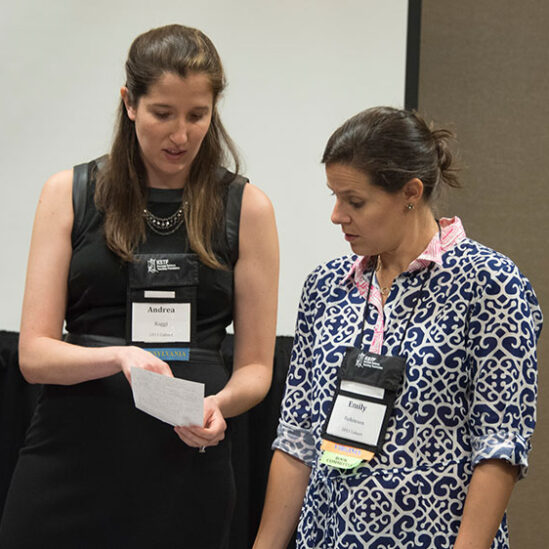
Coaching for Teacher Development
Are you ready to transform your skills and knowledge in instructional coaching? Discover how our dynamic course can help you build a strong foundation in coaching techniques, empowering you to support teachers’ professional growth and elevate their teaching practices. Our course supports administrators and teacher leaders in developing their instructional coaching skills through problem-solving, self-reflection, and meaning-making. Participants will learn about three coaching stances: Cognitive, Collaborative, and Consulting, which will serve as a framework for participants to develop specific coaching plans tailored to teachers at various experience levels and contexts. Participants will leave ready to implement specific coaching plans that cater to the diverse needs of teachers at all experience levels and contexts, ultimately fostering a culture of continuous professional growth within their schools. Whether you have plans to be a coach, or already a coach, join us and become a catalyst for positive change in education!
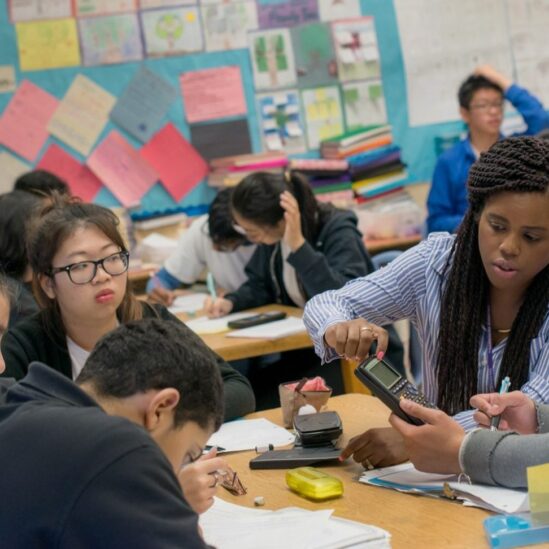
Designing & Implementing Engaging Lessons
Designing and modifying engaging learning experiences for students that are accessible, rigorous, and effective in strengthening students’ conceptual understanding can be challenging. Our course is designed for educators and equips participants with the skills and knowledge necessary to modify and implement learning experiences that cater to all students’ needs while promoting a deeper conceptual understanding of the content. Participants will learn strategies to orchestrate productive classroom discussions, ensuring that all students actively participate in authentic mathematics and science practices. By the end of the course, participants will apply a framework that will support them in creating engaging learning environments where every student sees themselves as capable “doers” of math and science.
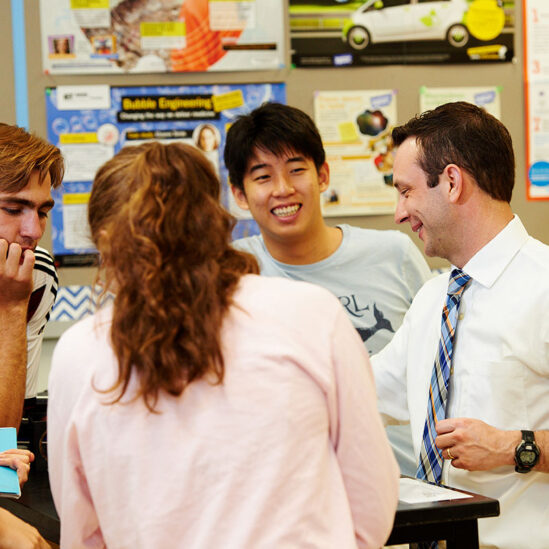
Discipline-Rich Project-Based Learning
Math and science education play a crucial role in empowering individuals to make informed decisions for personal well-being and active civic engagement. However, there are challenges in effectively implementing project-based learning (PBL) to enhance student learning and engagement in these subjects. Learn how project based learning (PBL) can support student engagement in learning complex content and practice standards in Math & Science. Participants will build their capacity for planning and implementing projects that situate learning within real-world contexts. Participants will be equipped with a project planning framework and tools to create engaging, real-world projects that support student learning and engagement in complex content and practice standards. By the end of the course, teachers will be better prepared to provide all students with access to rigorous math and science instruction through PBL, ultimately empowering their students to make informed decisions in their personal and civic lives.
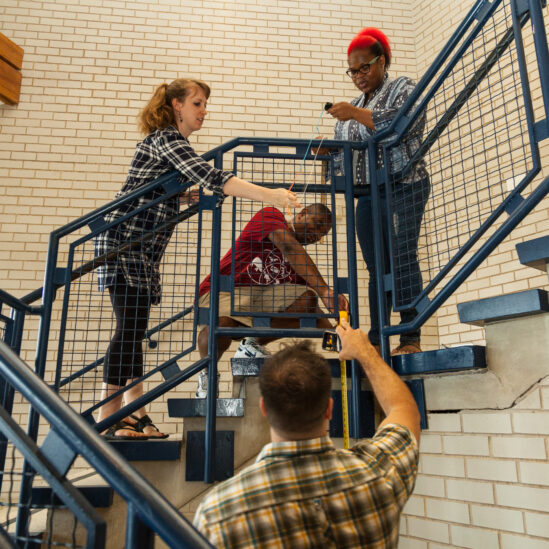
Empowering Students & Communities with Engineering Design
Investigating community issues in math and science classes can promote equitable teaching practices and culturally relevant learning. But do students walk away feeling overwhelmed by realities? Or empowered to work for solutions? Learn how the engineering design process can support students to deepen their understanding of challenges in their communities AND feel empowered to design and advocate for just solutions to those challenges. Participants will engage in rich engineering projects, unpack associated community issues and their implications, and explore how practices of science, math, and engineering can help learners develop and optimize solutions to these issues. The course highlights community empowerment through lines of the engineering design process: uncovering values, students as agents of change, and stakeholders and encouraging voices. Led by instructors who are experienced in integrating engineering into math and science classes, this course will support participants in identifying entry points in their own curriculum for integrating engineering and community issues.
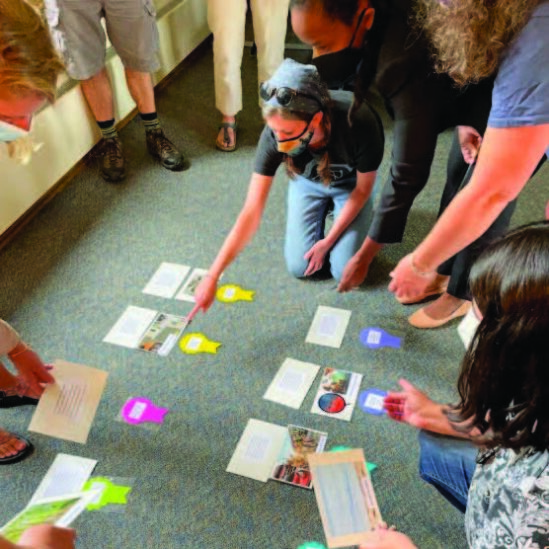
Engaging Students in Engineering Design
Are you excited to help students explore real-world connections between math, science, and engineering, but worried that you already have too much content to cover? Engineering doesn’t need to be an “extra” in STEM — instead it can be embedded into your current content teaching to promote relevance, engagement, and 21st century skills. Learn how to plan and facilitate engineering design challenges that inspire your students to learn and apply math and science concepts as they solve real-world problems. Participants will engage as learners in engineering design challenges that span STEM subject areas, and will develop skills for teaching engineering in your classroom. Using tools for developing your own design challenges, participants will build an NGSS-aligned framework for using the engineering design process in your classroom.
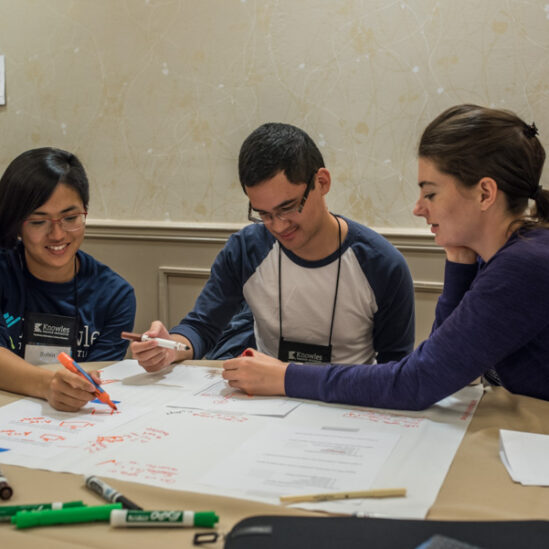
Increase Participation: Strategies for Effective Groupwork
Facilitating successful collaborative groupwork in science and math education can be challenging due to difficulties in crafting collaboration-dependent tasks, ensuring focused productivity, and addressing workload and participation imbalances among students. Our course, designed for educators dedicated to enhancing math and science engagement, introduces Complex Instruction (CI) as a research-backed instructional strategy. Participants will delve into strategies to improve collaboration through groupwork, learning how to address common pitfalls while engaging students with challenging content. By the end of the course, teachers will possess a toolkit of strategies to improve group dynamics, foster participation, and deepen student engagement in collaborative settings. Armed with these skills, participants will be equipped to create collaborative learning environments where every student can thrive, ultimately shaping the next generation of scientists and mathematicians who value and excel in teamwork.
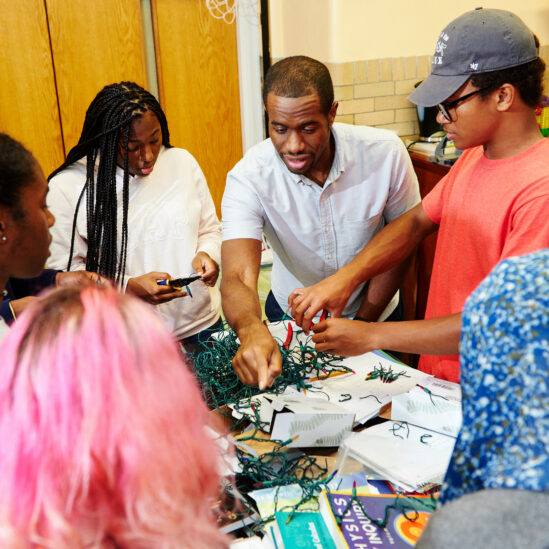
Physics for the Next Generation: The Patterns Approach
High school physics often presents challenges, particularly in fostering mathematical connections and scientific practices, which can hinder student engagement and understanding of the subject. This course equips educators with an innovative approach to teaching physics, integrating storylines, project-based learning, modeling, and spreadsheet coding. Centered around the question, “How do we find and utilize patterns in nature to predict the future, make data-informed decisions, and understand the past?,” the curriculum focuses on utilizing science’s big ideas to explain phenomena and solve problems. Participants will explore design principles and curricular examples that guide students to embody the roles of both scientists and engineers, emphasizing the use of mathematical and phenomenological patterns to predict and understand, in alignment with the Next Generation Science Standards (NGSS). Participants will learn strategies to authentically engage students in math and science practices, fostering mathematical reasoning and problem-solving skills, ultimately enhancing their understanding of physics and science overall.
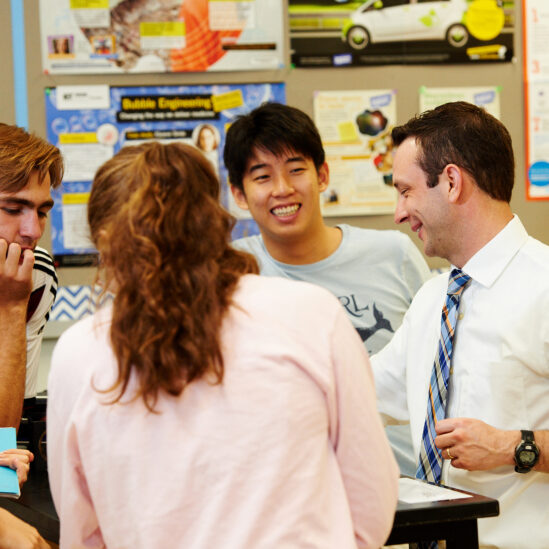
Promote Sensemaking with Science & Math Practices
Moving students beyond rote memorization and fostering genuine inquiry and sense-making can be challenging. Our course supports educators in this journey, guiding them to become facilitators of student-driven exploration. Throughout the course, participants engage in hands-on explorations of phenomena, learning how to guide students in constructing, evaluating, and refining ideas. Participants learn to critically assess and redesign curricular materials to maximize student proficiency in science and math practices. Participants emerge with a newfound perspective on science and math education, equipped with tools and strategies to redefine their classrooms as vibrant hubs of exploration. They leave with a deepened appreciation for the transformative power of student-led inquiry and a renewed commitment to cultivating critical thinkers and lifelong learners.
Workshops
Knowles Academy Workshops are engaging 90-minute online sessions designed to offer a concise, impactful experience drawn from our comprehensive courses. These workshops provide participants with an active, engaging learning environment, allowing them to explore a key concept or skill from the full course. Attendees will leave each workshop equipped with a practical tool or strategy that can be immediately implemented to enhance their math and science teaching.
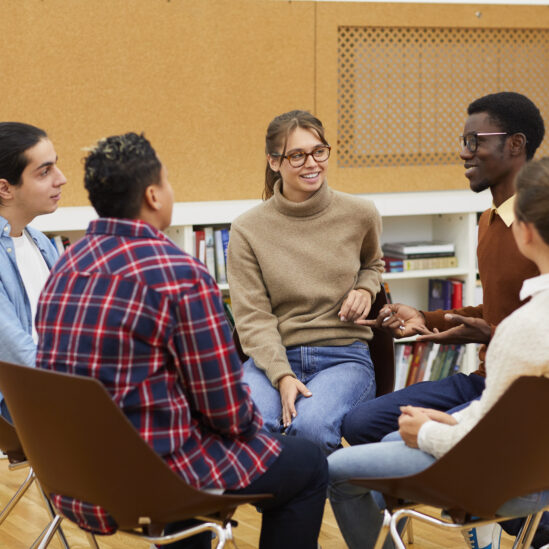
Actionable Norms for Effective Groupwork
How can students learn to integrate their content knowledge with effective communication skills to solve meaningful and complex problems in a collaborative setting? In this workshop, teachers will learn strategies and principles for establishing a classroom culture of effective and meaningful student collaboration through the clear and intentional setting of actionable norms—working persistently, communicating productively, and taking risks. Leave this workshop with strategies that leverage the use of the actionable norms to encourage more students to effectively participate in groupwork activities.
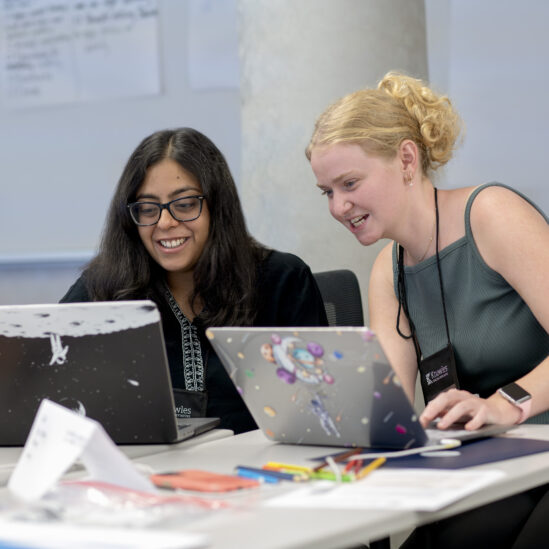
AI Essentials for Educators
Discover how AI can enhance your teaching practice. In this workshop, you’ll explore practical applications of AI tools that can support both classroom instruction and behind-the-scenes tasks like lesson planning. We’ll provide hands-on opportunities to engage with AI and consider how it can be adapted to your specific teaching context. Whether you’re just starting out or looking to deepen your AI literacy, you’ll leave equipped with tools and strategies to confidently incorporate AI into your teaching.
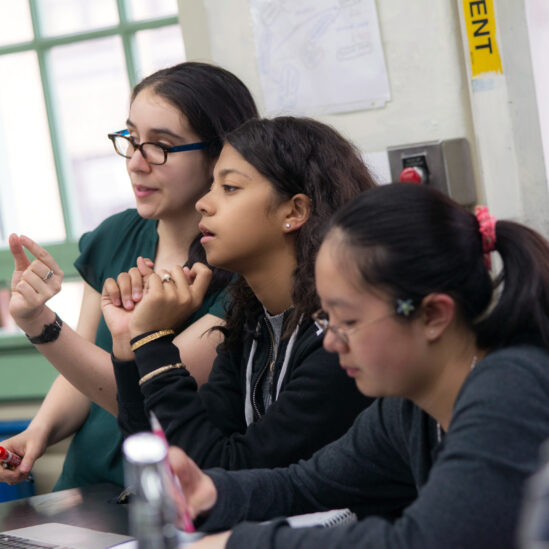
Designing Engineering Projects for Student Agency
Find more ways to offer students choice in your engineering design projects. We’ll look at several examples of engineering-integrated science and math lessons on a continuum of student-centricity and complexity. Together we’ll use the Knowles Project Complexity Rubric to consider ways to modify these examples and your own lessons. You’ll leave with a powerful tool and lots of engineering-design instruction ideas for use in your math and science classes.
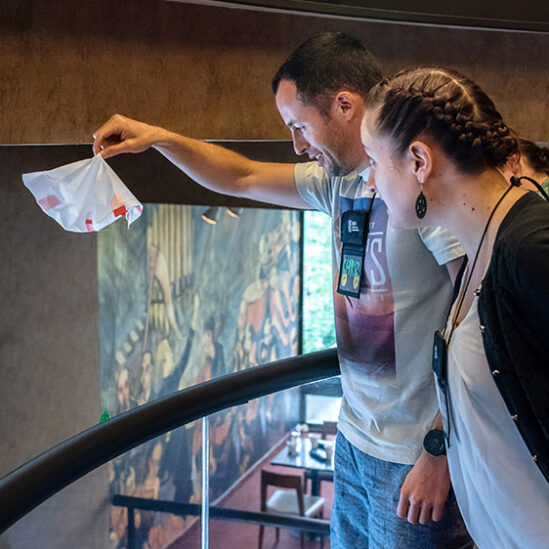
Engineer-ize your Science Labs
Let your existing science labs take center stage in engineering design challenges! Together we will unpack the engineering design process and map science practices and common classroom activities onto that process, and we’ll identify multiple points where your well-tested science labs can facilitate student-centered engineering design. You’ll leave with student-facing tools and a fuller sense of how to integrate engineering into your science classes.
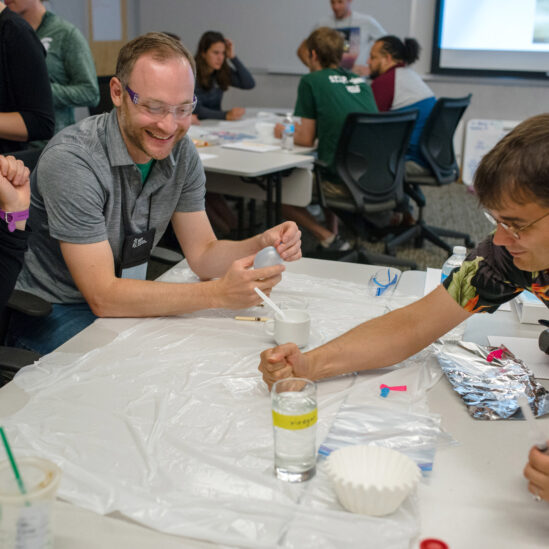
Engineering to Empower
How can we integrate engineering into math and science classes to help students develop a more meaningful understanding of real-world issues? We’ll use a Four-Level Empowered Engineering framework to explore how engineering integration in science and math offers students a range of opportunities for learning, engagement in community issues, and agency for solving problems in their world. Teachers will identify entry points in their curriculum to integrate engineering and social justice.
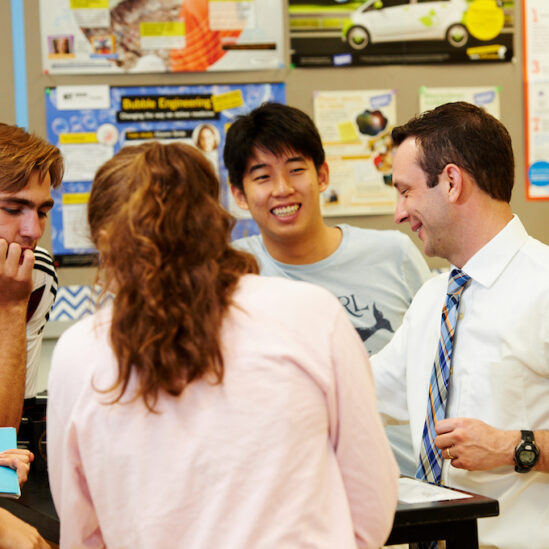
Exploring a Life Science Phenomenon through the Practices of Science
In this workshop, teachers will explore a life science phenomenon to develop an understanding of how the practices of questioning, modeling, and data analysis support students in building content knowledge. Together teachers will consider places in their curriculum where phenomena and science practices can support students in building content knowledge.
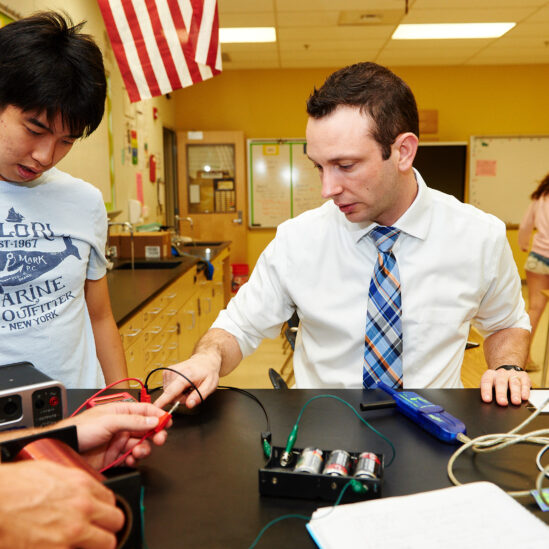
Exploring a Physical Science Phenomenon through the Practices of Science
In this workshop, teachers will explore a physical science phenomenon to develop an understanding of how the practices of questioning, modeling, and data analysis support students in building content knowledge. Together teachers will consider places in their curriculum where phenomena and science practices can support students in building content knowledge.
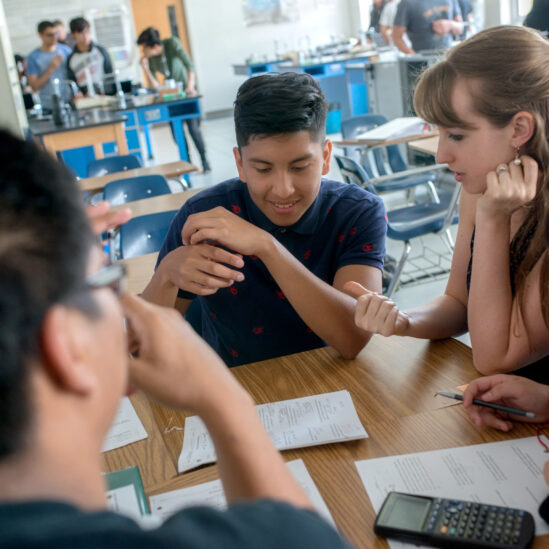
Increasing Participation in Groupwork
What was groupwork like for you when you were a student? Do you want it to look similar or different? Are you enthusiastic about the idea of your students working in groups?In this workshop, teachers will learn how to leverage groupwork to provide students with more learning opportunities. Teachers will gain insights into productive groupwork while reflecting on their current groupwork practices. Facilitated by experienced teachers, participants will leave with small, practical changes that can be implemented to make groupwork structures more productive for all students.
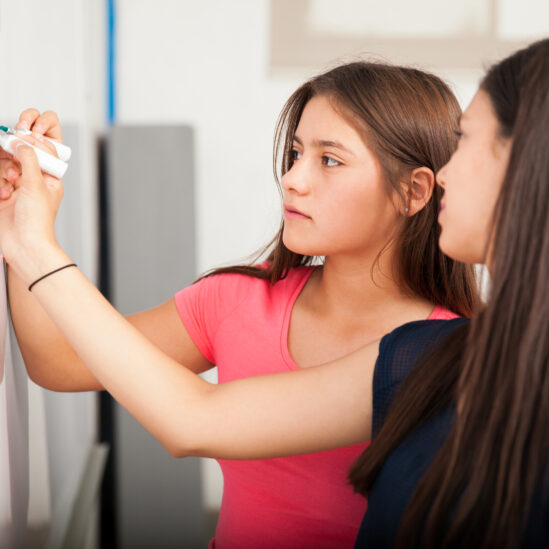
Mathematical Thinking to Deepen Physics Understanding
Exploring the Science Practice of Mathematical Thinking to Deepen Physics Understanding Anchored in a foundational “Patterns & Inquiry” unit, the Patterns Approach to physics engages students in the work of scientists, including generating research questions, designing experiments, collecting data, identifying patterns, and using those patterns to successfully predict future data points. In this workshop, teachers will gain an overview of the Patterns Approach to physics, experience a Patterns-type lesson, and discuss how the Patterns Approach could be implemented in their classroom.
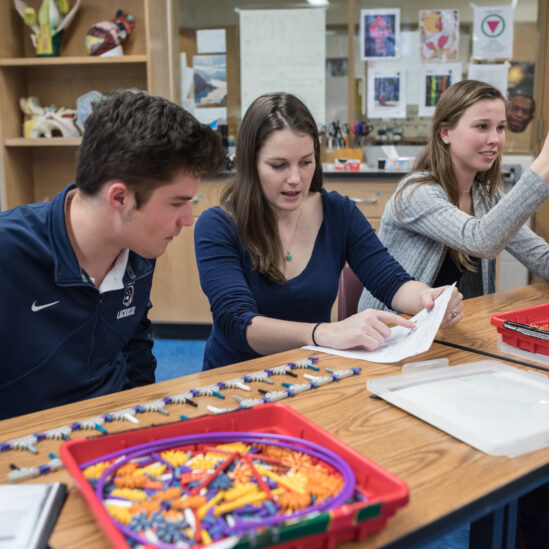
Project Planning Pyramid Framework
Project-based learning (PBL) can be utilized to engage students, but most importantly should be a powerful lever to provide rigorous mathematical and scientific experiences for students. Come learn with us about the Project Planning Pyramid Framework, a tool developed to strengthen the disciplinary content and practices present in projects, in order to help support all students in accessing rigorous math and science through your PBL courses. Walk away with key takeaways for your next project.
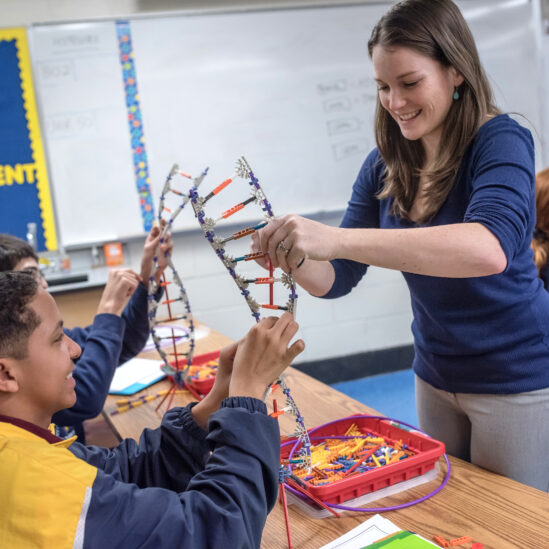
Project-Based Learning Basics
Understanding math and science enables citizens to make critical, informed decisions that support individual wellbeing and civic participation. We see project-based learning (PBL) as a highly effective way to address these challenges. In order to harness the potential of these courses to improve the lives of all students, teachers need specialized support in leveraging PBL in math and science. Come learn with us about some of the basics of PBL, such as entry events, end products, checkpoints, and other core components. Walk away with the next steps to begin implementing PBL in your class.
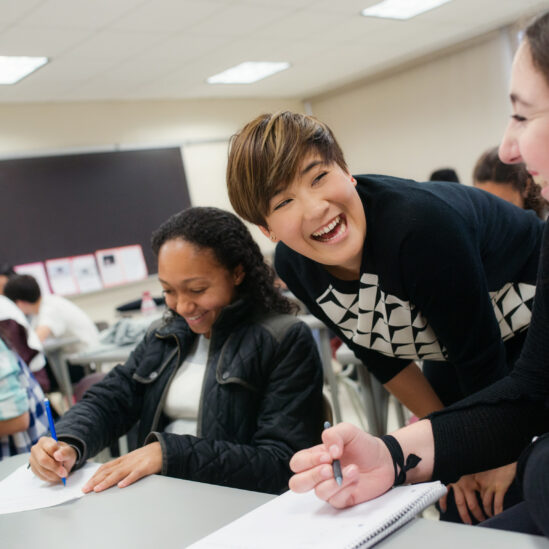
Promote Engagement in Math through Lesson Design
In this workshop, teachers will learn how high cognitive demand tasks increase opportunities for students to access learning. Teachers will explore ways of modifying tasks to increase students’ abilities to engage in sensemaking. This workshop will assist teachers in gaining the knowledge and confidence needed to design and modify tasks for their science classrooms.

Promote Engagement in Science through Lesson Design
In this workshop, teachers will learn how high cognitive demand tasks increase opportunities for students to access learning. Teachers will explore ways of modifying tasks to increase students’ abilities to engage in sensemaking. This workshop will assist teachers in gaining the knowledge and confidence needed to design and modify tasks for their math classrooms to engage more learners.